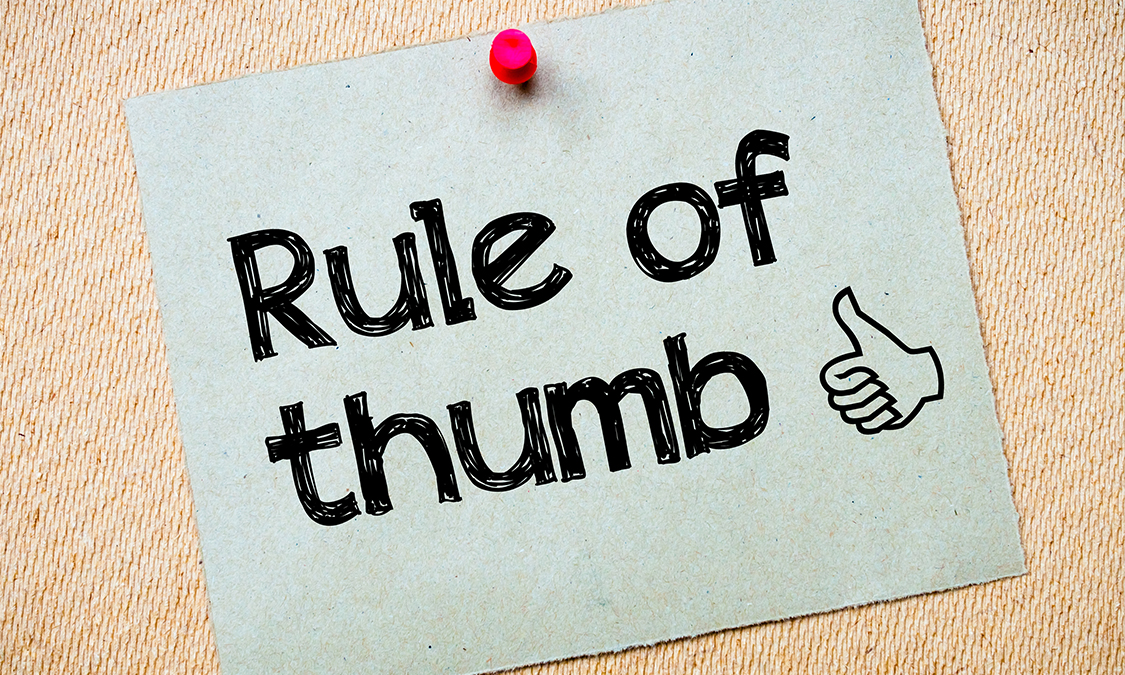In a slow economy, it’s important to take a closer look at the credit card habits of the average American. According to the U.S. Reserve, as of March 2016 the average American household credit card debt was $5,700.00. If this doesn’t sound like a lot to you, imagine how many weekly paychecks you would have to use to completely pay off that amount.
The sobering realization is that by the time you had saved up enough money to pay it off, you would have to save up still more to pay off the monthly interest charges that had accrued on your balance – assuming that no emergencies had arisen in the meantime, such as a job loss, hospitalization, or other life changes. Revolving debt continues to accrue whether you have the money to pay it off or not.
This underscores the importance of handling your credit cards in the smartest way possible. Follow these three rules to be a savvy credit card holder.
Avoid Using Credit Cards For Purchases You Can’t Afford
Most Americans still want the American dream. A good credit rating built up on a regular basis with on time payments can help a lot.
Ideally, you should only be using credit cards as a convenience on purchases you know you will be able to pay off within the grace period. Forget about using them for impulse purchases you’re attracted to – like the high tech electronics you saw at the store that you just can’t live without. If impulse buys are too much of a temptation for you, leave your credit cards at home on weekly shopping trips. It’s just too easy to pull out a piece of plastic when something catches your eye.
Pay Off High Balances Now, A Little At A Time
If you are already overwhelmed by a mountain of credit card debt, remember that it probably took a long time for you to get to this point, so it may take a long time to clean it up. Get organized and set aside a little extra money each week to pay more than the minimum balance each month. If you have more than one credit card balance, pay off the highest balance first, then work your way down to the lowest balance.
Try to find creative ways to save or earn money so that you can pay down your balance faster, such as bringing your own lunch instead of buying takeout at work. Paying down debt is much like being on a diet. You have to keep the goal in mind till you can see a noticeable difference.
Be Careful Of Changes In Credit Card Terms
The credit card laws keep changing, and so do the terms of individual credit card companies. It’s easy to stay on one card and forget about checking for these changes. This can work against you, especially if there are major changes on a card you use often that can add to your balance, such as a shortening of the grace period on purchases. Always examine your bill carefully, as well as any other notices you may receive by mail about changes to your credit card.
Routinely assess whether a different card could serve you better. Your plans may change, and a change in plans may warrant a change in card. Did you just get a new job where you will be traveling often? Have you recently started a new business? Find a new card to match your new life direction.
The best way to be a smart credit card holder is to be mindful of the way that you use the cards you now have, and to be alert to any changes that occur. Be proactive about your money management and be responsible about credit card use.



